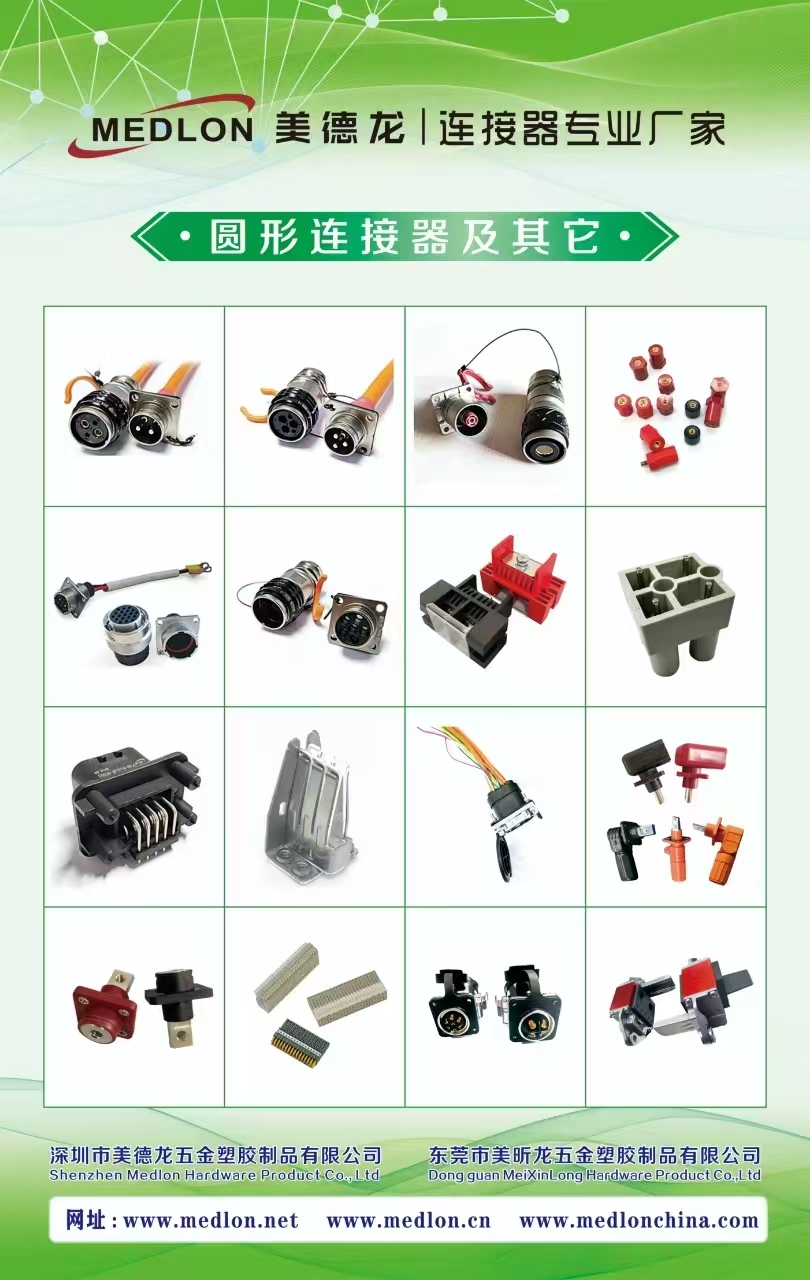MedlonUploaded:2025-09-05Browse:860
In today’s fast-evolving electronics landscape, ensuring the reliability and performance of signal connectors is crucial, especially for industries that depend on robust data transmission and power delivery. As a leading power blade connector manufacturer, Medlon is committed to providing high-quality solutions that meet rigorous standards. One of the most critical parameters for signal connectors is insulation resistance. In this article, we’ll delve deep into what insulation resistance means, why it matters, and how Medlon addresses these challenges in its product design and manufacturing processes.
Insulation resistance is a measure of how effectively the insulating material within a connector prevents electrical current from leaking between conductive parts. This property is vital for maintaining signal integrity and ensuring user safety. High insulation resistance means that the connector can effectively isolate electrical paths, minimizing the risk of short circuits, data loss, or equipment failure.

At Medlon, we understand the importance of insulation resistance, especially in high-density and high-speed applications where even minor leakage can cause significant disruptions.
Power blade connectors are widely used for their ability to handle high current loads with minimal voltage drop. However, their performance can be severely compromised if the insulation resistance is inadequate. Here’s why:
Medlon’s power blade connectors are engineered with premium insulating materials, ensuring that they consistently deliver high insulation resistance values, even under demanding operational conditions.
Several factors can influence the insulation resistance of a signal connector. At Medlon, our design and manufacturing processes take these variables into account to ensure optimal performance:
By meticulously controlling these factors, Medlon ensures that our power blade connectors offer industry-leading insulation resistance, supporting both power and signal transmission applications.
To guarantee the safety and performance of signal connectors, insulation resistance must be tested according to international standards. Medlon adheres to all relevant guidelines, such as IEC 60512 and UL 1977, which specify test voltages, durations, and acceptable resistance values.
Our commitment to quality ensures that each power blade connector meets or exceeds the industry’s insulation resistance benchmarks.
As a trusted power blade connector manufacturer, Medlon integrates insulation resistance considerations throughout the product lifecycle—from initial design to final quality control. Here’s how we achieve superior results:
This holistic approach makes Medlon a preferred partner for customers who demand reliability and performance in their signal connectors.
Insulation resistance is not just a safety parameter—it directly impacts the quality of signal transmission. In high-speed data environments, even tiny leakage currents can introduce noise, leading to errors and reduced data throughput. Medlon’s connectors are designed to provide both high current-carrying capacity and excellent insulation, making them ideal for applications where both power and data must coexist.
For example, in telecommunications and industrial automation, reliable signal transmission is essential for maintaining uptime and productivity. Our connectors’ high insulation resistance ensures that data signals remain clean and undisturbed, even in electrically noisy environments.
While insulation resistance is a key parameter, it’s also important to consider contact resistance and dielectric withstanding voltage when selecting a connector. Contact resistance refers to the resistance encountered at the mating surfaces of the connector, which affects overall electrical performance. Dielectric withstanding voltage is the maximum voltage that the connector’s insulation can withstand without breakdown. Both parameters are closely related to insulation resistance and contribute to the connector’s overall reliability and safety.
Insulation resistance is a fundamental property that determines the safety, reliability, and performance of signal connectors. As a leading power blade connector manufacturer, Medlon is dedicated to delivering products that exceed industry standards. Our focus on advanced materials, precision manufacturing, and comprehensive testing ensures that our connectors provide the insulation resistance required for today’s demanding applications.
Whether you’re designing for data centers, industrial automation, or telecommunications, Medlon’s connectors offer the performance and peace of mind you need. Contact us today to learn more about our solutions and how we can help you achieve your project goals.